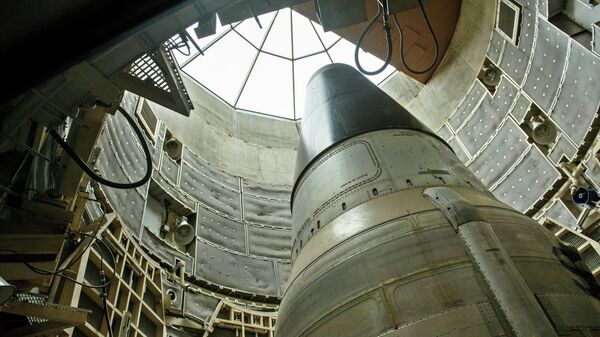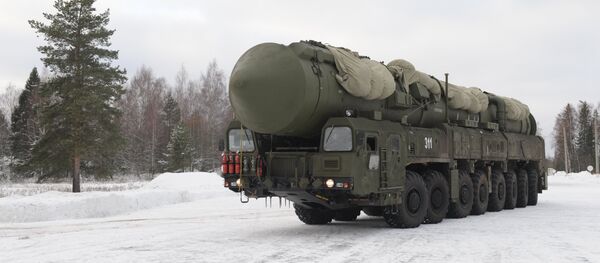"Most likely, Americans want to remind Europeans who is in charge of nuclear weapons which ostensibly deter Russia and in fact contain Europe. Meanwhile, we should wait for US President-elect Donald Trump to move beyond rhetoric and see what happens in terms of America's relationship with Europe," he said.
The defense analyst maintained that even if European countries chose to build up their nuclear potential, Washington would still be the one making decisions with regard to this issue.
Koshkin's remarks came in response to an opinion piece authored by Doug Bandow, a Senior Fellow at the Cato Institute and a former Special Assistant to President Ronald Reagan, who urged European nations to "consider expanding their nuclear arsenals and creating a continent-wide nuclear force." In addition, he suggested that more countries could be invited to join the nuclear club, which currently comprises China, France, Russia, the United Kingdom and the United States.
"Instead of expecting the United States to risk a nuclear exchange to protect Europe, the Europeans should take over that risk. With their continent already hosting two nuclear states, it is time to ask whether that number should grow," the analyst asserted, citing Germany as a potential candidate.
Germany has taken part in the NATO nuclear weapons sharing agreements, but its leadership appears to be determined not to pursue domestic military nuclear capabilities since the country is part of the Nuclear Non-Proliferation Treaty, which recognizes only five nations as nuclear-weapon states.
"Europe has understood that the United States is not only protecting it, but blackmailing. It is no coincidence that French President Francois Hollande said that [Europeans] don't need recommendations, advice or outside pressure. This is a defense reaction and an understanding that Europe has become hostage of Washington's complex foreign policy," he said.
Koshkin was referring to comments Hollande made on Monday when he reaffirmed that Europe was willing to deepen transatlantic cooperation in line with its interests and values, but said that the continent "does not need outside advice to tell it what to do."
Never miss a story again — sign up to our Telegram channel and we'll keep you up to speed!




